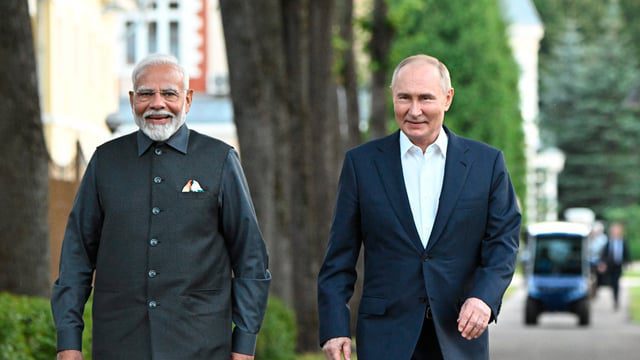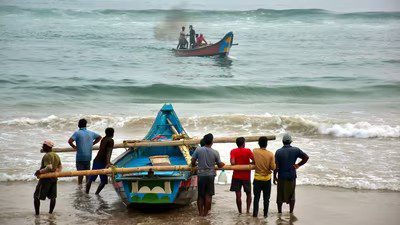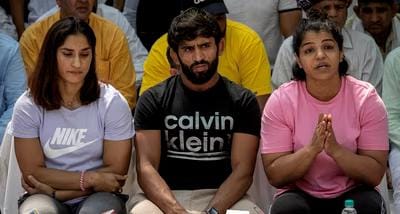Mumbai: Women and Child Development Minister Aditi Tatkare has clarified that there will be no interruption to the Mukhyamantri Majhi Ladki Bahin Yojana in Maharashtra, dispelling rumors that the scheme had been halted due to the enforcement of the Model Code of Conduct (MCC) ahead of the November 20 elections. Tatkare’s announcement comes amid rising speculation regarding the future of this significant initiative aimed at supporting women in the state.
In a post on X, Tatkare detailed the ongoing benefits of the scheme, which was launched in July 2024. Eligible women in Maharashtra receive Rs.1,500 per month, directly deposited into their Aadhaar-linked bank accounts. She confirmed that benefits for July, August, and September have already been credited, and between October 4 and 6, payments for October and November were distributed to 2.34 crore eligible beneficiaries. Furthermore, she assured that the December benefits would also be processed, urging women in Maharashtra not to fall for any misinformation surrounding the scheme.
The concern over the scheme’s status had been amplified by earlier reports suggesting that the Chief Electoral Officer of Maharashtra had put a stop to it. Shiv Sena UBT MP Priyanka Chaturvedi took to social media to express her worries, stating that it was not surprising if the Election Commission had indeed halted the Ladki Bahin Yojana. Such assertions fueled anxiety among beneficiaries about the continuity of the support they rely on.
In response to these concerns, Maharashtra’s Additional Chief Electoral Officer, Kiran Kulkarni, clarified the situation. He confirmed that while the Mukhyamantri Majhi Ladki Bahin Yojana would continue, the MCC guidelines prohibit adding new beneficiaries during the election period. Kulkarni emphasized that any further disbursements under the scheme would require prior approval from the Election Commission of India (ECI). He noted that the state government is committed to adhering to MCC instructions, which are communicated routinely as soon as the MCC comes into effect.
Launched with the goal of empowering women, the Mukhyamantri Majhi Ladki Bahin Yojana has made a significant impact since its inception. By providing financial support to over 2.34 crore women, the scheme aims to enhance their economic independence and overall well-being. Each beneficiary receiving Rs 1,500 per month exemplifies the government’s effort to create a safety net for women across Maharashtra. As the election approaches, the state government appears to be navigating the complexities of compliance with the MCC while ensuring that existing beneficiaries continue to receive their due support.










